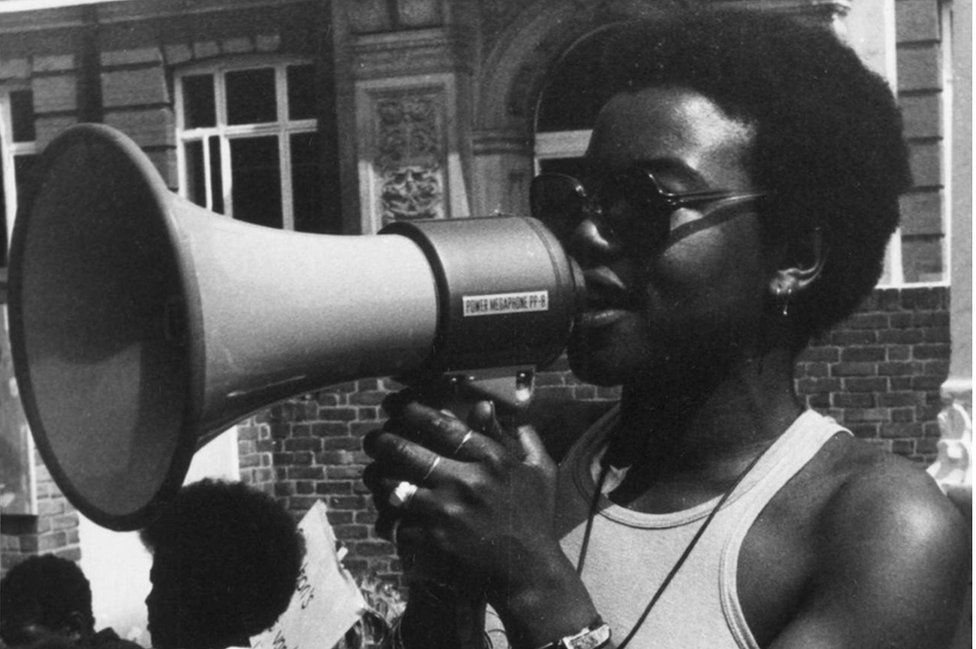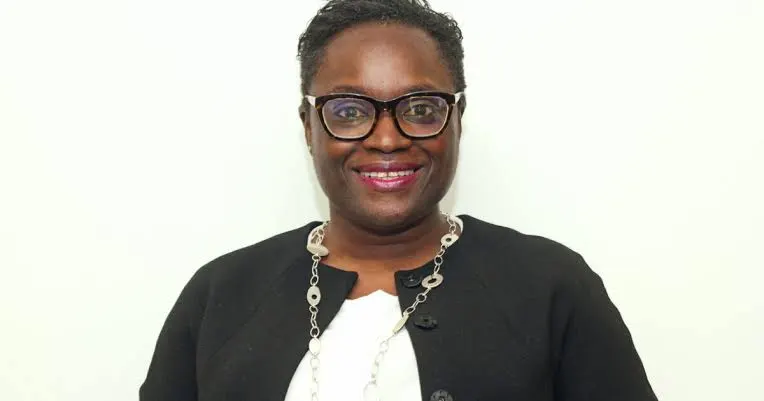Black History Month: Olive Morris
- emilybatchelor0
- Oct 26, 2025
- 2 min read
To celebrate Black History Month, FWN are publishing a series of articles on inspiring black women from History. Kelly Grehan writes about Olive Morris.

Olive was a fearless activist, community leader, and tireless fighter for justice whose legacy continues to inspire movements today. Born in Jamaica and raised in South London, she became a central figure in struggles against racism, sexism, and inequality in Britain during the 1970s.
Morris’s activism was bold and hands-on. She was a leader in the squatting movement, highlighting the housing crisis by occupying empty buildings and turning them into homes and community spaces. Most famously, she co-founded the squat at 121 Railton Road in Brixton, which for over twenty years served as a hub for radical politics, grassroots organising, and Black cultural life.
Olive also stood firm against police harassment and brutality. As a teenager, she was beaten by police while protesting the wrongful arrest of a Nigerian diplomat, an incident that ignited her lifelong commitment to justice. She later campaigned tirelessly for those unfairly targeted by the criminal justice system and supported families seeking redress.
Her vision was international. Olive built links with liberation struggles in Africa, the Caribbean, and Palestine, even travelling to China to learn from revolutionary movements abroad. At home, she co-founded the Brixton Black Women’s Group and the Organisation of Women of Asian and African Descent, creating vital spaces where women of colour could organise against the double oppression of racism and sexism.
Though her life was cut tragically short at 27, Olive Morris left an indelible mark. Her name endures on scholarships, streets, and community spaces — a testament to her courage, vision, and unwavering belief in justice.




Comments